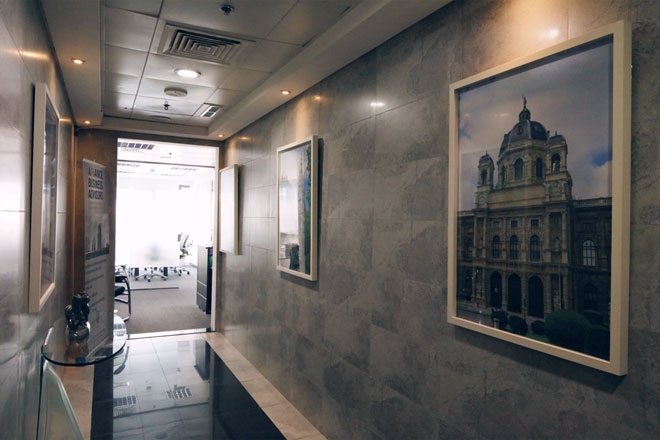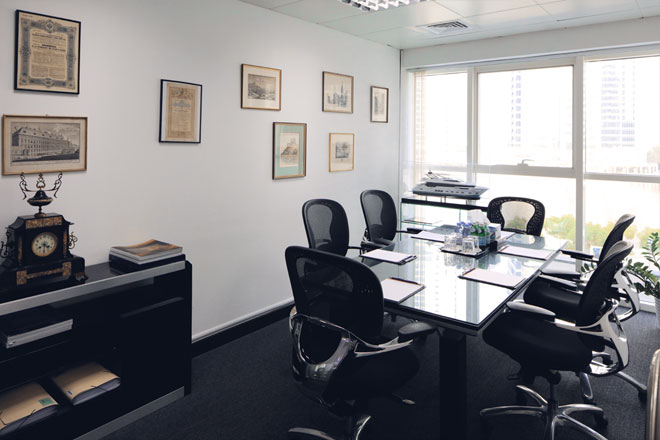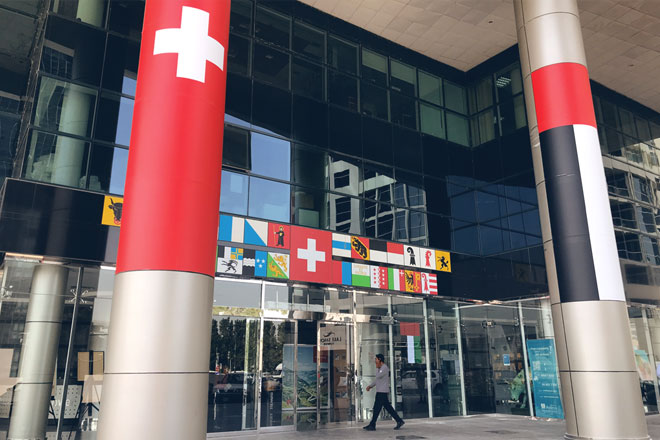
The Government of the United Arab Emirates and its authorities have succeeded in pulling the national economy out of the recent recession caused by the significant decline in oil prices.
Such ambitious claims were announced by Shaikh Ahmad Bin Saeed Al Maktoum, President of Dubai Civil Aviation, Chairman and Chief Executive of Emirates airline and Group and Chairman of the Economic Development Committee in Dubai.
According to the data provided by Shaikh Ahmad, the Emirate of Dubai is right on its way to reach a 3.1% GDP growth in 2017. This is a great achievement, especially taking into account all the economic challenges that were faced in 2016.
The UAE national economy has rapidly got over the last economic crisis. Moreover, the Dubai authorities have managed to maintain a stable economic growth during the 2016 economic fluctuations. In fact, the local economy of the Emirate of Dubai enjoyed a 2.7% GDP growth in the previous year. And this is on the background of the UAE oil market decline, insignificant 1.7% growth in global trade and general sluggish growth of the global economy.
The expected 3.1% growth of the Dubai economy is an indisputable proof of the sustainability and flexibility of the current economic and social transformations. These two pillars of the UAE national policy were also mentioned by Shaikh Ahmad at the ‘UAE Economic Outlook 2017’ – the annual forum dedicated to the economic, social and overall planning.
Speaking about the Emirate of Abu Dhabi, the Abu Dhabi Department of Economic Development has emphasized the full readiness of the region to reach a 3.4% GDP growth by 2020.
The overall economic growth of the United Arab Emirates, if combining the projected indices of all the Emirates, will amount to 3.5% for the 2017-2020 period.
The United Arab Emirates has achieved high economic results owing to the well thought out and future-oriented policy of the UAE Government. In fact, the leadership of the relatively young Arabic country holds the steady course for the diversification of the national economy.
Such policy has already proved its efficiency and sustainability. This is achieved due to the consistent diversification track that has made the autonomously developing oil economy of the United Arab Emirates to be well integrated into the global economy.
As of today, non-oil sectors make up 70% of the UAE GDP. Moreover, the Government of the Emirates is certain to continue the process of the overall economic diversification. In fact, Sheikh Ahmad has set a goal of increasing the contribution of the non-oil sectors to the national GDP up to 80% by 2030.
The UAE holds leading positions in the various regional and world’s rankings. Among the most important achievements there are:
- World Bank Doing Business report – 26th position (cf. 35 in 2015) in the list of the world’s best countries for doing business;
- World Bank Doing Business report – 1 of the top 10 most improved business environments over the 2016;
- Global Entrepreneurship Index Report 2016 – 1st position in the list of the countries of the Middle East and North Africa region and 19th position in the world;
- World Competitiveness Report 2016-17 – 2nd position in the Air Transport Infrastructure Quality index.
The Government of the United Arab Emirates gives outstanding attention to the issues of reaching the sustainable growth while preserving the environment. The major environment-oriented projects are aimed at water resources preservation, air quality improvement, green power development, etc. Besides it, the idea of the Environmental sustainability is one of the major guidelines of the UAE 2021 National Agenda.
Improvement of the quality of public services and incensement of the productivity growth are strategic goals supported by the Dubai’s Public-Private Partnership Law. This law provides the continuous cooperation between the representatives of public and private sectors.
Thus, the United Arab Emirates has very stable and robust economy. The country is well on its way to achieve all its projected short and long-time goals.









